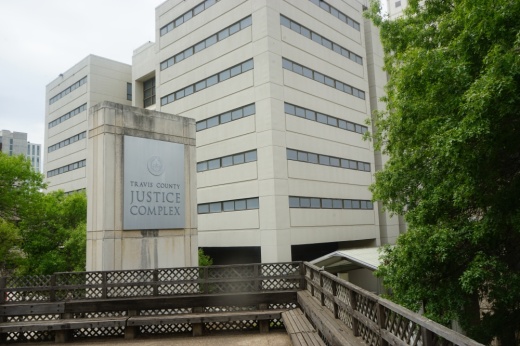The county will issue a request for qualifications—a formal process for identifying qualified architectural and design firms to tackle the project—in early 2024.
The selected firm will then analyze the potential site for the diversion center and complete operations planning and design of the facility.
The first design phase will last about one year and cost $2 million. The entire diversion center could be up and running by mid-2030, according to county documents.
The why
The mental health diversion center, spearheaded by Travis County Judge Andy Brown, will be an alternative to jail for people who commit nonviolent crimes and suffer from mental illness or substance abuse disorder.
The facility aims to be a solution to Travis County’s growing jail population and rising rate of recidivism in people with mental illness who commit nonviolent crimes.
“A partner-designed diversion program is more than a building; a diversion center gives law enforcement options other than incarceration,” Travis County Sheriff Sally Hernandez said at the meeting. “Today, our jail population is higher than it's been in a long long time at 2,343 people.”
The diversion center is inspired by jail alternative programs in other cities that have shown early signs of success.
A diversion program for those charged with second- or third-degree felonies in Miami-Dade County led to 68% fewer jail bookings and 94% fewer jail days for participants compared to those who did not participate in the program, according to a report from the Travis County Forensic Mental Health Project.
What’s next
While the design phase kicks off, commissioners and project leaders are still ironing out what services will be provided when the diversion center does open.
In previous meetings, commissioners have discussed the possibility of connecting those admitted to the diversion center to medication or with psychiatrists, psychologists or persons with lived experience.
Travis County Commissioner Jeff Travillion said the facility could also provide services for suicide prevention or other determent programs.
“The consensus of the Commissioners Court is that we want to make sure that this project is managed effectively, rather than being rushed,” Travillion said. “I look forward to engaging my health advisory team and other trusted community partners in the eastern crescent as we move forward in addressing one of the most important issues confronting our region.”





